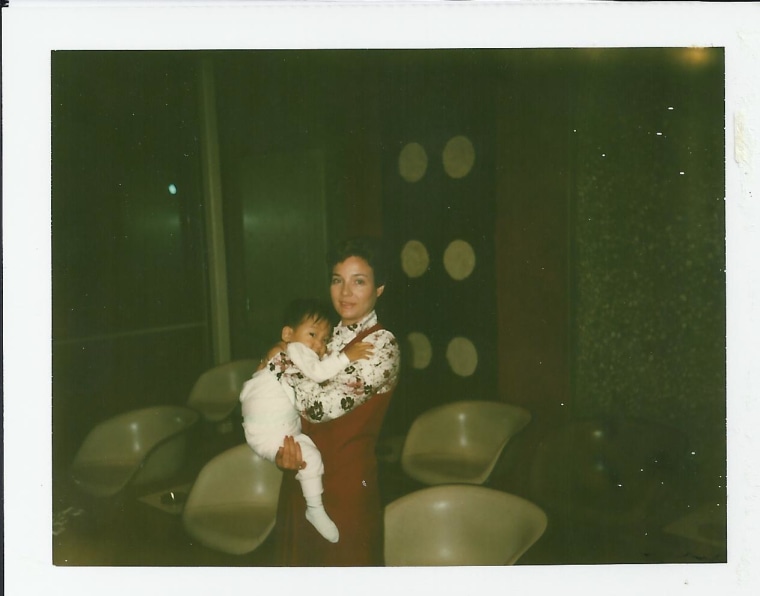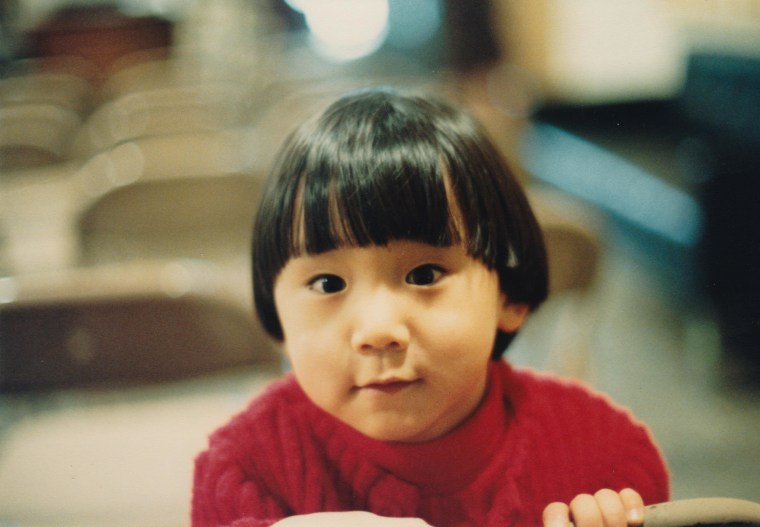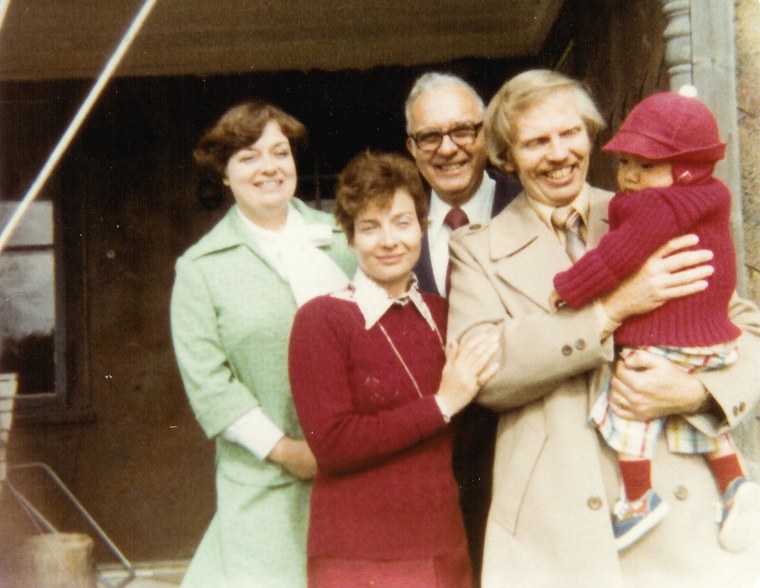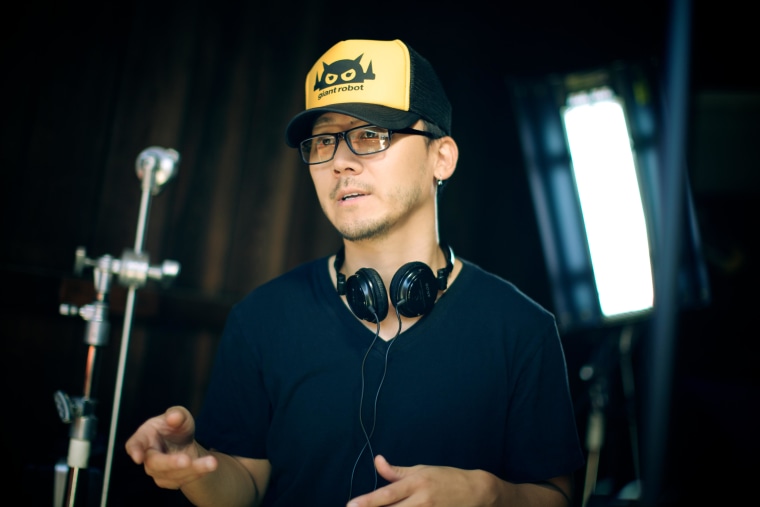Zeke Anders knows very little about his early life before he was adopted from a South Korean orphanage by American parents from the Detroit suburbs.
“I was three years old,” recalls Anders of his 1978 adoption. “Anything before that point it’s really sketchy. The authorities found me on the street and they took me to an orphanage and that’s basically it. That’s all I know, that’s all my parents knew and it’s kind of crazy that way.”
Anders - a professional name he uses in lieu of his legal name, Andrew Erickson - recently launched a web series called “American Seoul” in which he recounts and documents stories about his life as a Korean adoptee. A filmmaker, he says he was inspired in part to create the series because he noticed that friends and acquaintances tended to be very curious about his adoption.
“It just seemed sort of natural [to focus on the topic.] I thought, I guess I’ll talk about what I know. I’ll talk about adoption,” Anders said.
"They would always say ‘real.’ As if the parents I have aren’t my real parents."
In a series of short video vignettes, or "vlogs" (video blogs), Anders speaks directly to camera, sharing stories he was told about his childhood, and mulling over different aspects of the adoptee experience like how to handle awkward comments and the identity issues many had as children.
“There’s a stigma to adoption and I think as a whole the adoptive community wants to break down that stigma,” he said. “So they’ve really gravitated towards adoptive stories and I think the community is really bonding and getting stronger with these outlets. Adoption is normal, it’s great.”

During one episode, Anders asks viewers to share the comments they find the most annoying when people ask about their adoptive experiences. For him, he shares it’s when acquaintances say “I’m sorry,” after hearing he was adopted.
“I don’t think they necessarily mean what they say,” says Anders. “I just think they don’t know what to say.... It’s just a very ‘poor you, I’m sorry that you got adopted and you’re not with birth parents.’”
“But the way I look at it," he continues, “And the way I think many adoptees look at it is, ‘Hey this is great news, I am adopted and I am where I’m at today and who I am today because of that.’”

Anders believes, and has heard similar tales from fellow adoptees, that there are assumptions made about their experience or wishes, like the idea that all adoptees will one day seek out their biological family members.
“And they would always say ‘real.’ As if the parents I have aren’t my real parents. That always annoyed me as well,” Anders recalled. “My answer was always and it still is - I never really had that burning desire to do that. Now that I’m older - I would only do that out of curiosity, but it’s not like I have this empty void inside of me.”

